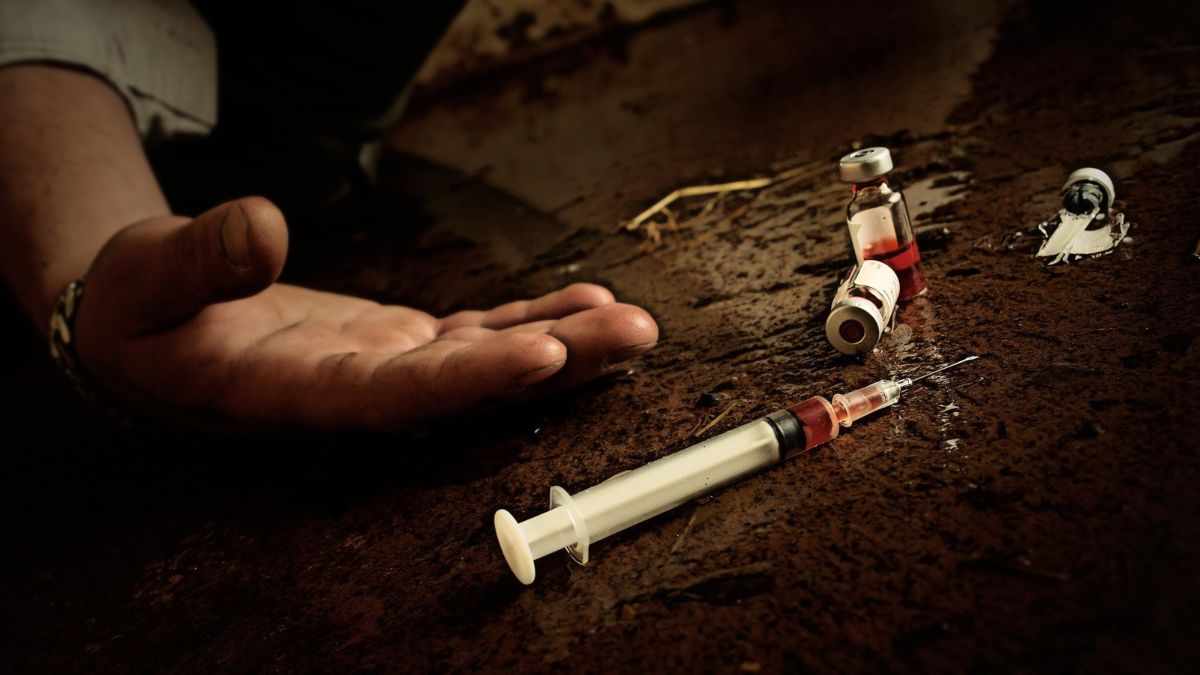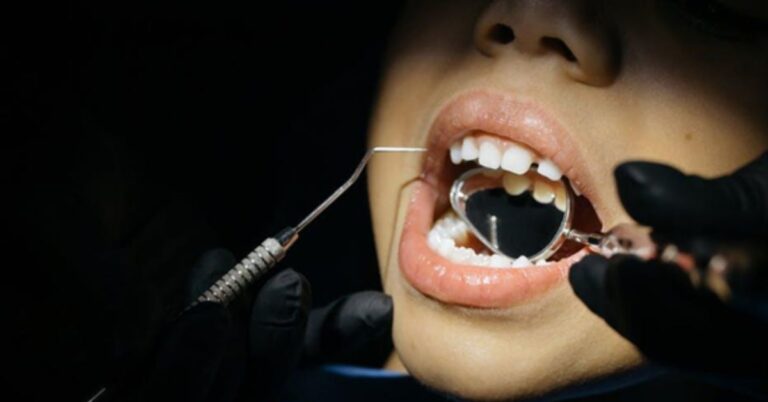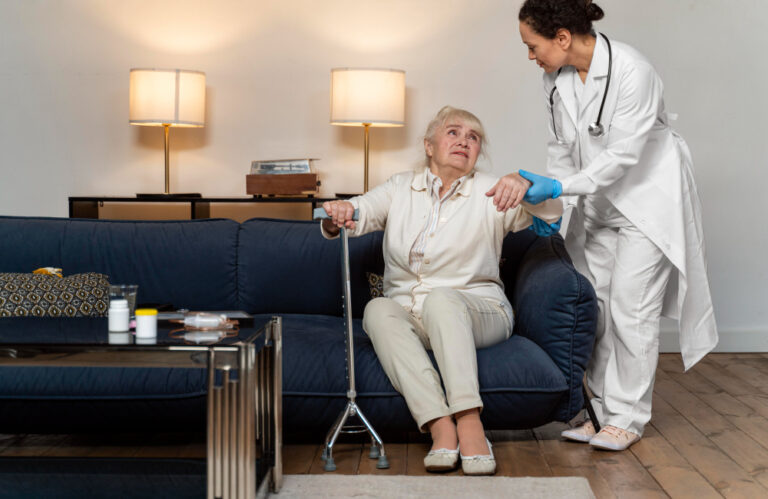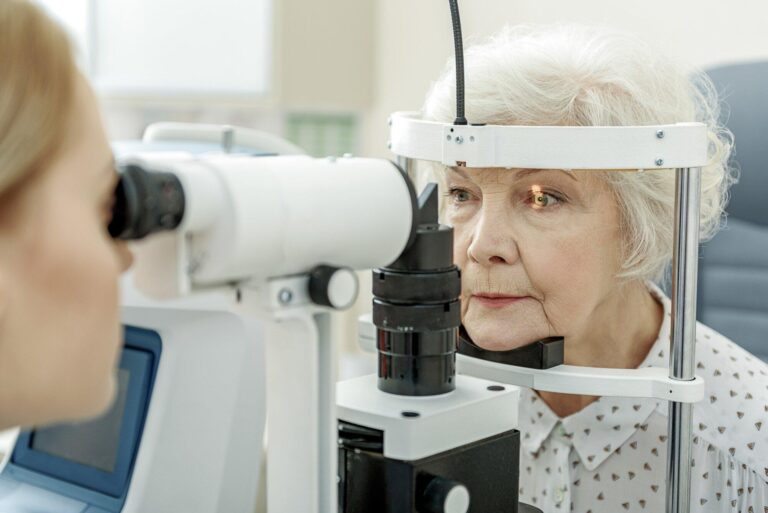Beyond Detox: The Comprehensive Care Provided at Heroin Rehab Centers
What sets heroin rehab centers apart from other addiction treatment facilities? The answer lies in the comprehensive care they offer. Heroin rehab centers provide a wide-ranging, well-rounded approach to recovery.
More than just detox, these centers focus on treating the whole person. They offer therapy, counseling, and support that align with individual needs and circumstances. They help each person overcome addiction and rebuild their lives.
They understand that each journey is unique and requires a blend of services and support. What does care look like in these settings? Let’s delve deeper.
The Initial Assessment
The initial assessment is a crucial first step in the care provided at heroin rehab centers. This assessment serves as the foundation for the individualized treatment plan. During this process, professionals evaluate the severity of the heroin addiction. They also evaluate the individual’s physical health and any co-occurring mental health conditions. This review helps in planning the detox protocol, therapy, and counseling sessions.
The goal of the assessment is to identify the unique needs and challenges of the individual. The professionals take into account many factors, including:
- length of addiction
- usage patterns
- previous attempts at recovery
Understanding an individual’s heroin addiction helps the team determine the best treatment approach. This personalized strategy paves the path toward recovery. It also enhances the individual’s potential for long-term sobriety.
Medical Detox
Medical detox is an essential phase in the recovery process. Here, the body is allowed to rid itself of the harmful substances accumulated during drug use. Medical professionals supervise this process in a safe and controlled environment.
Detoxing from heroin can be challenging. Withdrawal symptoms may include restlessness, pain, and severe discomfort. These symptoms can be frightening and dangerous without the right support.
At heroin rehab centers, the detox process is monitored round-the-clock by professionals. They ensure patient safety and comfort, manage withdrawal symptoms, and mitigate risks. Medications may be used to ease symptoms and ease a smoother transition to sobriety.
Medical detox is more than just physical. It also supports the psychological transition away from drug dependence.
Emotional support and counseling are often provided alongside physical care. This approach helps patients understand their addiction. It lays a solid foundation for the therapy and counseling that follow.
Therapy and Counseling
Therapy and counseling are crucial in comprehensive heroin rehab programs. These services address individual challenges.
Therapy sessions are led by trained therapists or counselors. These offer a safe space to explore addiction-related thoughts, feelings, and behaviors. Therapy may include:
Individual Therapy
One-on-one therapy sessions are a mainstay of most treatment programs. These sessions provide a safe, confidential space for individuals. It is to explore their addiction and its root causes.
Trained therapists guide the process, helping individuals understand their triggers. Also, they help develop new coping mechanisms.
Group Therapy
Group therapy sessions foster a sense of community and mutual support among patients. Patients can share their experiences and learn from others on the path to recovery.
Behavioral Therapies
CBT and DBT are often included in treatment programs. These therapies teach individuals how to identify and change harmful behavior patterns.
Family Therapy
Family members can play a role in an individual’s recovery journey. These sessions aim to repair broken relationships and foster a supportive home environment.
Medication-Assisted Treatment (MAT)
MAT is an integral component of the care provided at heroin rehab centers. It combines prescribed medications with counseling and behavioral therapies. It is to treat substance use disorders effectively.
Approved Medications
The U.S. Food and Drug Administration has approved medications. It includes methadone, buprenorphine, and naltrexone for the treatment of opioid addiction.
These medications help to mitigate withdrawal symptoms. These also help to decrease cravings and block the euphoric effects of heroin.
Integrated Treatment Approach
MAT is most effective when integrated with other therapeutic interventions. It includes individual therapy, group therapy, and behavioral therapy. This approach helps to address the physical, psychological, and emotional aspects of addiction.
Maintenance Treatment
For some individuals, MAT can be a long-term treatment strategy. Ongoing maintenance treatment can provide stability for individuals to rebuild their lives.
Reduced Risk of Overdose
MAT has been shown to reduce the risk of overdose death. It makes it a vital tool in the fight against the opioid epidemic.
Holistic Treatment Options
Holistic treatment options complement traditional therapies by focusing on well-being. It also addresses all aspects of an individual’s life, beyond just their substance use. At many heroin rehab centers, these alternative therapies are integrated into treatment programs:
Mindfulness and Meditation
These practices foster self-awareness and self-control. These help individuals better manage stress and emotions. They can also improve focus and mental clarity, aiding in recovery.
Yoga and Physical Exercise
Regular physical activity, such as yoga or aerobic exercises, can help reduce cravings. It also improves mood and promotes physical health.
Nutrition Counseling
Proper nutrition is vital for physical recovery and health. Nutritional counseling can help individuals make healthier food choices. It aids in physical recovery and boosts mood and energy.
Art and Music Therapy
These outlets help individuals express emotions, reduce stress, and boost self-esteem. It can also provide a sense of accomplishment and purpose.
Aftercare Services
Aftercare services are the final piece of the puzzle in the care provided at rehab centers. These foster a lasting recovery.
Continued Counseling and Therapy
Even after completing formal treatment, ongoing therapy and counseling are essential. These services help to maintain the progress made during treatment. These also address any new challenges that arise.
Support Groups
Participation in support groups like Narcotics Anonymous (NA) can provide continued peer support. Sharing experiences with others in recovery is invaluable for lasting progress.
Vocational and Educational Support
Many rehab centers, including AHCCCS rehab, offer resources to help rebuild lives. It includes vocational training or educational support. It helps individuals reintegrate into society by securing employment or furthering their education.
Check-ups and Outpatient Services
Regular check-ups and outpatient services ensure ongoing physical and mental health support. They keep the individual’s recovery on track and help to prevent relapse.
Learn More About Heroin Rehab Centers
Heroin rehab centers offer holistic, comprehensive care. They strive to treat the individual as a whole, not just the addiction. From initial assessments to aftercare, each step is crucial.
With medical detox, therapy, and others, rehab centers enhance chances for lasting recovery. The journey is unique and personalized. The goal is clear: to help individuals reclaim their lives from heroin addiction.
Did you find this article helpful? If so, check out the rest of our site for more informative content.







